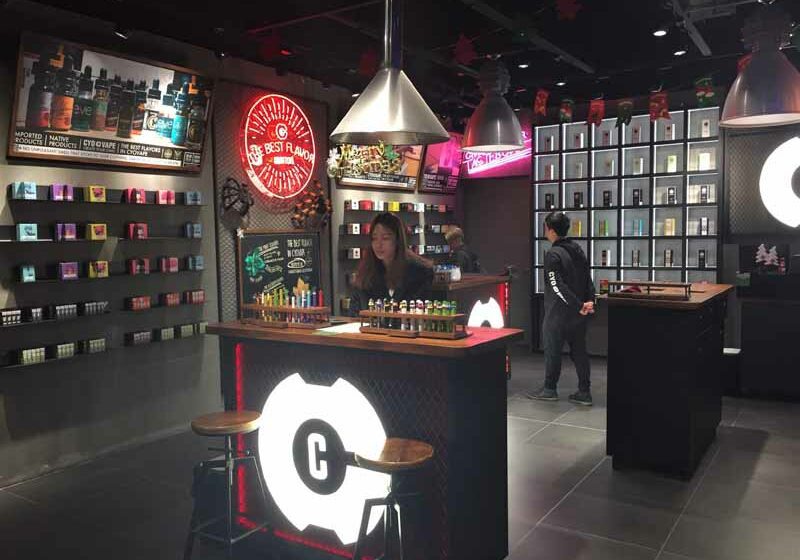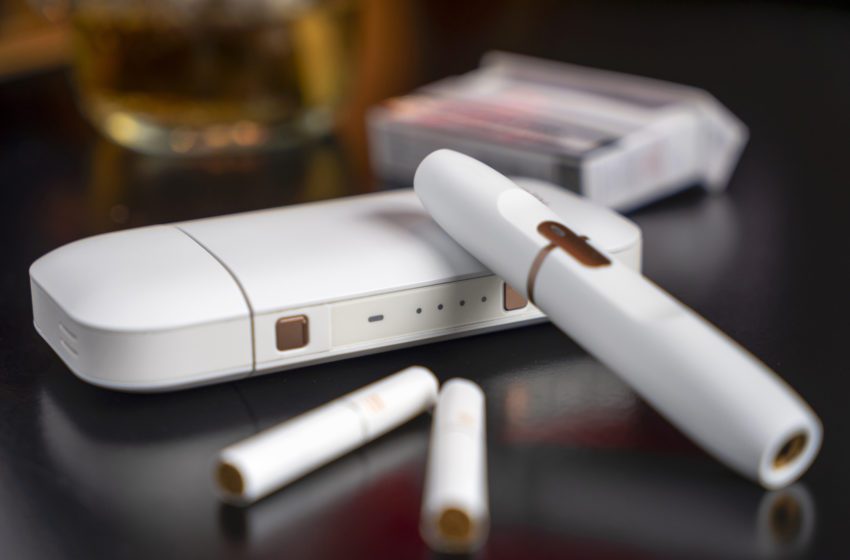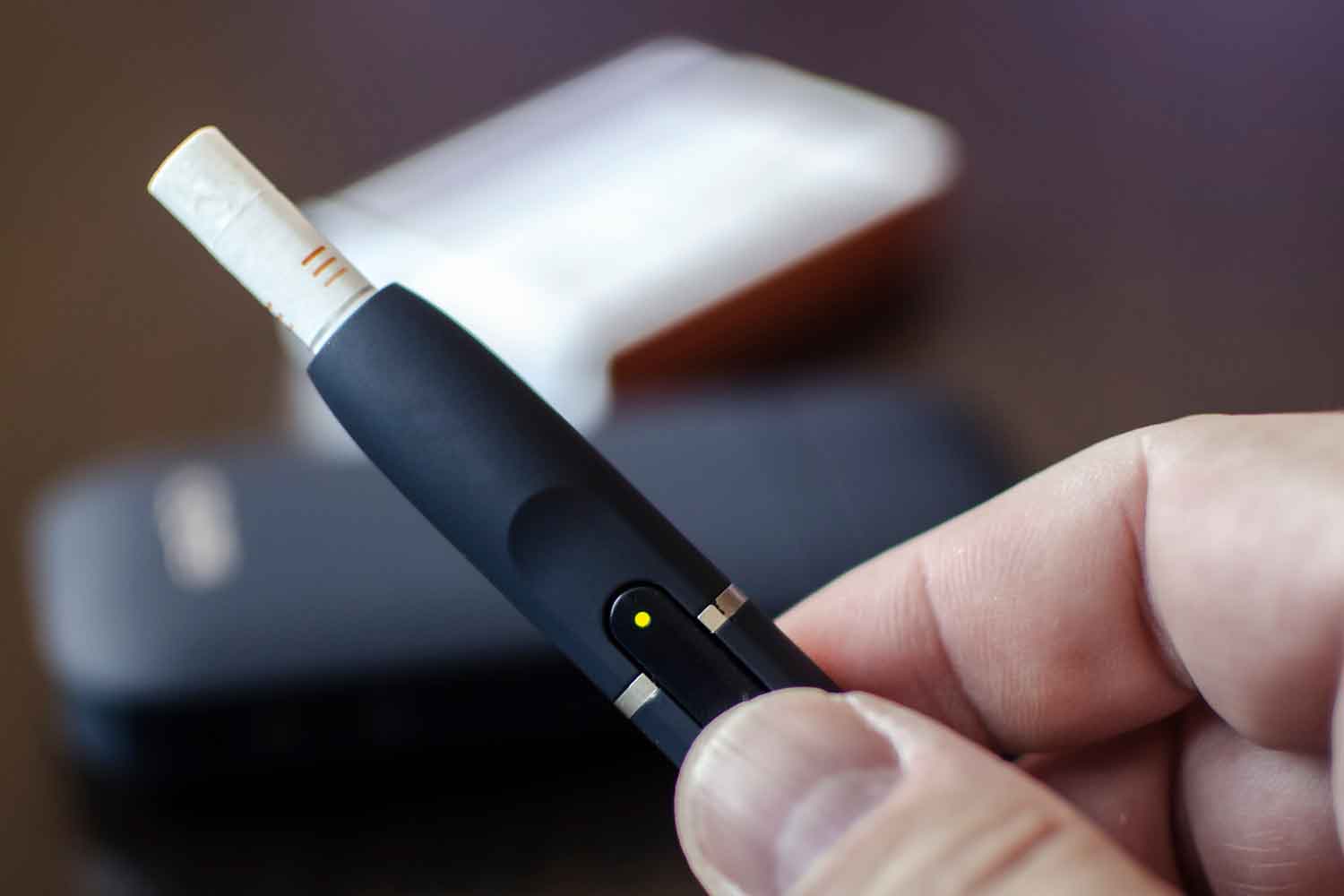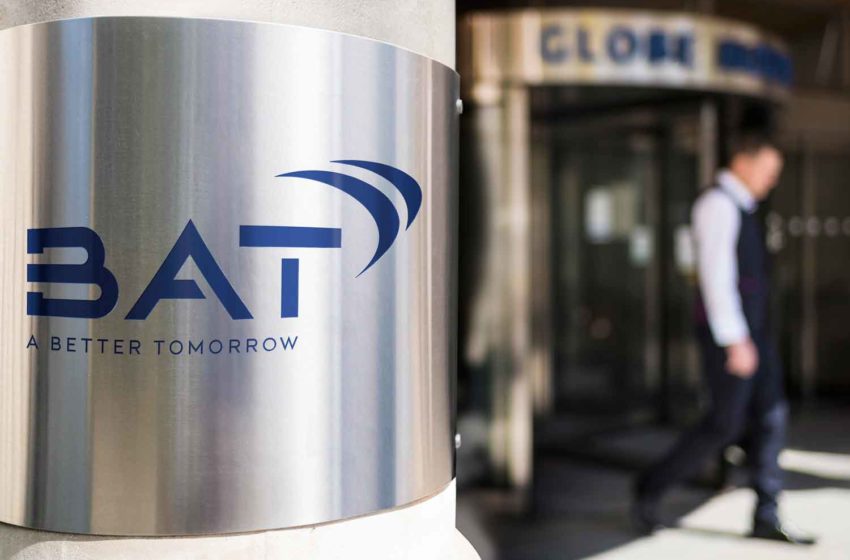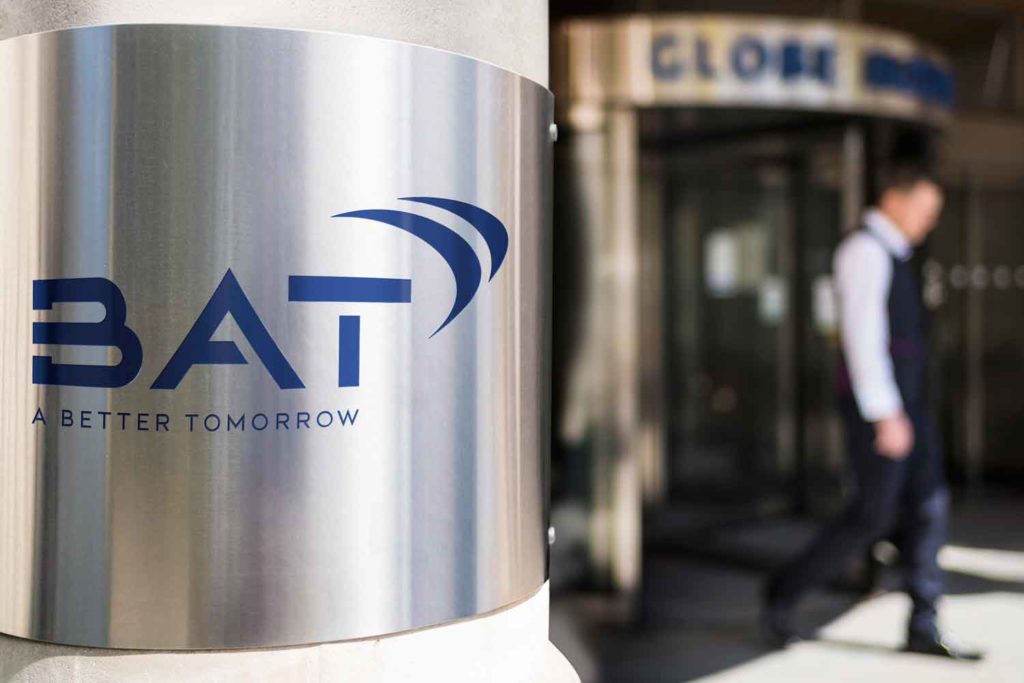Using vaping products rather than cigarettes leads to a substantial reduction in exposure to toxicants that promote cancer, lung disease and cardiovascular disease, according to new research from the Institute of Psychiatry, Psychology and Neuroscience at King’s College London.
Commissioned by the Department of Health and Social Care’s Office for Health Improvement and Disparities, the independent report represents the most comprehensive review of the risks of vaping to date. It found that, while vaping is not risk free—particularly for people who have never smoked—it poses a small fraction of the health risks of smoking in the short to medium term.
The report reviewed many aspects of vaping, including who is vaping and what products, the effects on health (both absolute and compared with smoking) and public perceptions of harm. The authors examined studies of biomarkers of exposure (measures of potentially harmful substance levels in the body) as well as biomarkers of potential harm (measures of biological changes in the body) due to vaping or smoking.
The strongest evidence came from biomarkers of exposure. An exploration of the available studies found that levels of tobacco specific nitrosamines, volatile organic compounds and other toxicants implicated in the main diseases caused by smoking were found at significantly lower levels in vapers. Among vapers, overall levels of nicotine were lower or similar to smokers.
When comparing biomarkers between people who vape and people who don’t smoke or vape, they were often similar, but in some cases there was higher exposure when vaping. The investigators therefore concluded that whilst less harmful than smoking, vaping is likely to sustain some risks particularly for people who have never smoked.
While the investigators are clear on the benefits of vaping vs smoking, they found that public perceptions are lagging behind. In 2021, only 34 percent of adults who smoked accurately perceived that vaping was less harmful than smoking, while only 11 percent of adult smokers knew that nicotine wasn’t the primary cause of the health risks connected to smoking tobacco.
Vaping has gained popularity among British adults. According to the latest data from the Action on Smoking and Health (ASH) Smokefree GB Adult survey, current vaping prevalence is 8.3 percent in 2022, compared with 7.1 percent in 2021 and 6.3 percent in 2020.
Vaping has also increased among young people. Data from the ASH Smokefree GB Youth survey of 11-to 18-year-olds in England show that current vaping prevalence (including occasional and regular) is 8.6 percent in 2022, compared with 4.0 percent in 2021 and 4.8 percent in 2020. Use of disposable vaping products has increased substantially over the last year. Vaping among young people who have never smoked remains very low at 1.7 percent.
“This important study is the latest in a series which carefully pulls together the science on vaping to help reduce the damage from smoking,” said Jeanelle DeGruchy, deputy chief medical officer for England, in a King’s College press note.
“Vaping is substantially less harmful than smoking so the message is clear, if the choice is between smoking and vaping, choose vaping. If the choice is between vaping and fresh air, choose fresh air.”


